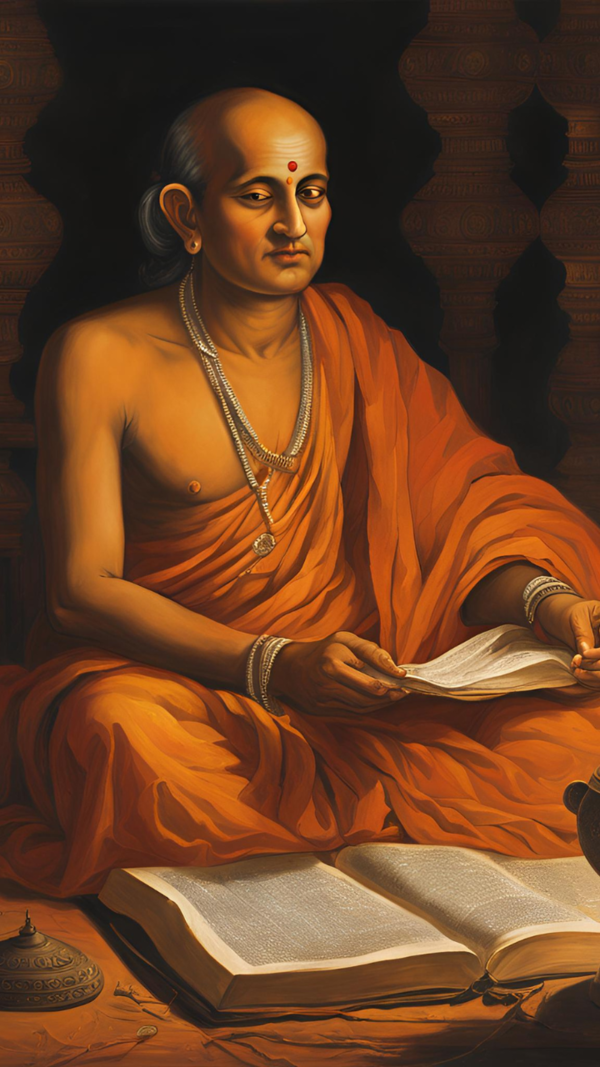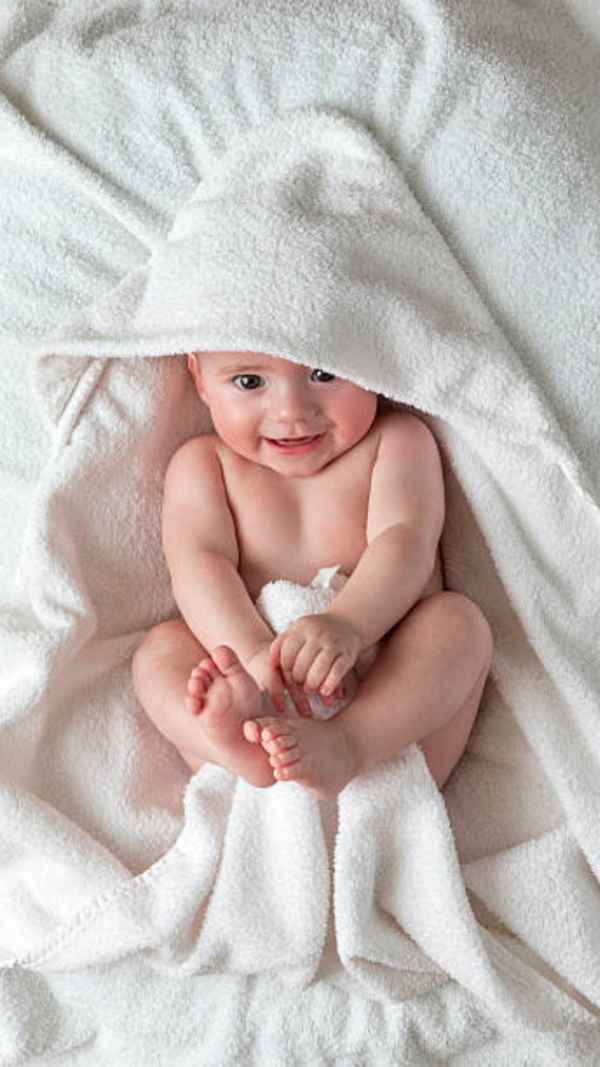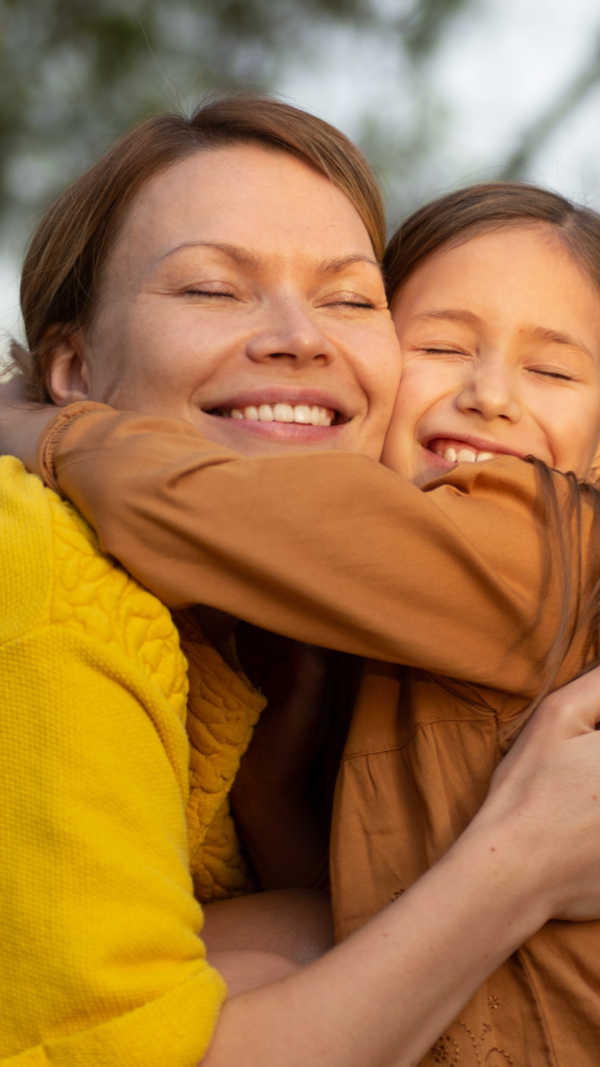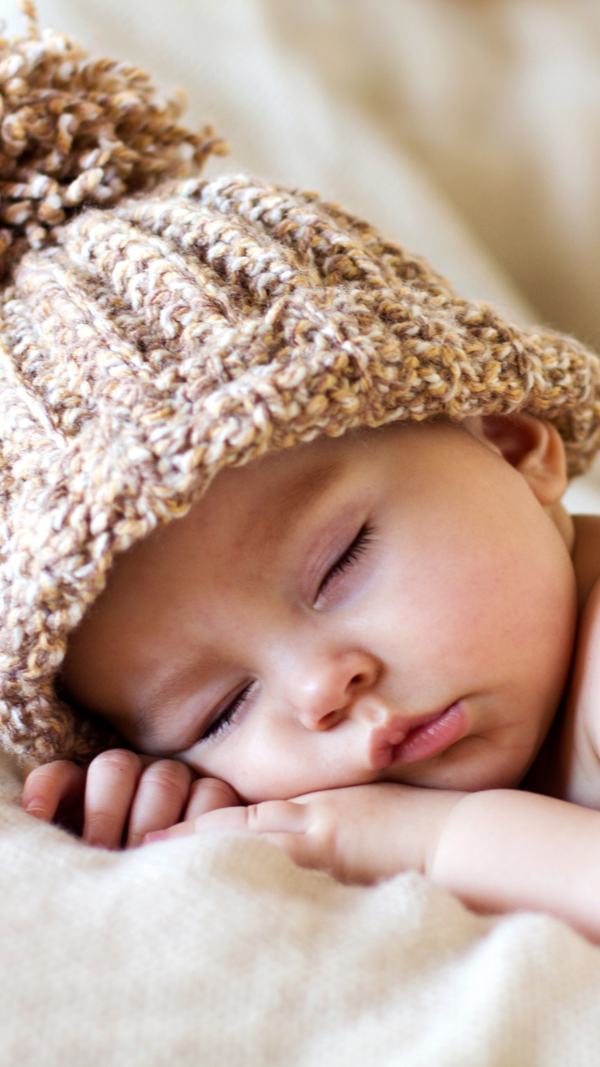Trending
National Daughter’s Day: Here’s how father-daughter and mother-daughter relationships are moving away from the traditional norms
The article examines the changing dynamics of father-daughter and mother-daughter relationships. Fathers are increasingly emotionally available, enhancing their daughters' mental health. Mothers balance caregiving with professional roles, becoming role models for their daughters. This evolution promotes emotional stability and self-sufficiency in young girls, fostering a strong sense of identity and self-esteem.

Today, father-daughter and mother-daughter relationships are no longer defined by traditional roles of authority and caregiving respectively. Over the last few decades, we have witnessed societal structures changing, and with this, the nature of these relationships has also changed. What was once a very dominating, fearful relationship has now become more dynamic, nurturing, and emotionally supportive.
Fathers were traditionally seen as the primary providers, protectors, responsible for their daughter’s safety and well-being. Picture the father in the hit movie Dilwale Dulhania Le Jaayenge (DDLJ). The new-age fathers are more involved in their daughter’s personal growth - they want to be a part of her growing-up years and be the one to whom she confides about her first crush. They are leaving no stone unturned to be a friend to their daughter. What’s more is that dads who are more emotionally available contribute positively to their daughters' self-esteem, emotional regulation, and overall mental health. This change is also one that’s being reflected in today’s cinema, with films like Gunjan Saxena: The Kargil Girl and Angrezi Medium reflecting a strong, positive bond between the father and daughter.
Picture the father in the hit movie Dilwale Dulhania Le Jaayenge (DDLJ). The new-age fathers are more involved in their daughter’s personal growth - they want to be a part of her growing-up years and be the one to whom she confides about her first crush. They are leaving no stone unturned to be a friend to their daughter. What’s more is that dads who are more emotionally available contribute positively to their daughters' self-esteem, emotional regulation, and overall mental health. This change is also one that’s being reflected in today’s cinema, with films like Gunjan Saxena: The Kargil Girl and Angrezi Medium reflecting a strong, positive bond between the father and daughter.
The mother-daughter relationship, on the other hand is believed to be the most important, and is shaped by a deep sense of care, empathy, and understanding. Traditionally, mothers are believed to be the primary caregivers for the child, being responsible for the values instilled in the child (especially daughter) related to home life, child-rearing, and interpersonal relationships. However, with mothers stepping into roles outside the home, their relationships with their daughters are also changing. Mothers today are balancing their traditional caregiving roles with professional, personal, and social identities. Daughters are now able to see their mothers as individuals, professionals, partners, and friends, and not just as a caregiver. This change has created a lot of respect for the mothers and they are now becoming the role models for their little girls.
This shift in the parenting from traditional to modern has played a significant role in developing strong, emotionally stable daughters. This change strengthens the emotional bond between parents and their daughters, making daughters feel heard, valued, and respected. It is also helping promote self-sufficiency, efficacy and growth in young girls today, which is essential for developing a healthy sense of identity and self-esteem. When daughters experience a secure attachment with their parents, they are more likely to develop a strong sense of self-worth and emotional resilience which is important to raise a strong and mentally stable individual.
When daughters are trusted with responsibility and decision-making, they learn problem-solving skills, develop a stronger sense of competence, and feel more in control of their lives.
By creating a safe space for emotional openness, modern parents help their daughters develop emotional intelligence. This increases resilience, as daughters learn how to process and navigate their emotions rather than suppress them. Emotional regulation, a key aspect of mental health, is nurtured when daughters are encouraged to express their thoughts and emotions freely, helping them build confidence in their emotional world.
(Author: Dr Mona Gujral, Chief Psychologist, coto)
Fathers were traditionally seen as the primary providers, protectors, responsible for their daughter’s safety and well-being.

The mother-daughter relationship, on the other hand is believed to be the most important, and is shaped by a deep sense of care, empathy, and understanding. Traditionally, mothers are believed to be the primary caregivers for the child, being responsible for the values instilled in the child (especially daughter) related to home life, child-rearing, and interpersonal relationships. However, with mothers stepping into roles outside the home, their relationships with their daughters are also changing. Mothers today are balancing their traditional caregiving roles with professional, personal, and social identities. Daughters are now able to see their mothers as individuals, professionals, partners, and friends, and not just as a caregiver. This change has created a lot of respect for the mothers and they are now becoming the role models for their little girls.
This shift in the parenting from traditional to modern has played a significant role in developing strong, emotionally stable daughters. This change strengthens the emotional bond between parents and their daughters, making daughters feel heard, valued, and respected. It is also helping promote self-sufficiency, efficacy and growth in young girls today, which is essential for developing a healthy sense of identity and self-esteem. When daughters experience a secure attachment with their parents, they are more likely to develop a strong sense of self-worth and emotional resilience which is important to raise a strong and mentally stable individual.
When daughters are trusted with responsibility and decision-making, they learn problem-solving skills, develop a stronger sense of competence, and feel more in control of their lives.
By creating a safe space for emotional openness, modern parents help their daughters develop emotional intelligence. This increases resilience, as daughters learn how to process and navigate their emotions rather than suppress them. Emotional regulation, a key aspect of mental health, is nurtured when daughters are encouraged to express their thoughts and emotions freely, helping them build confidence in their emotional world.
(Author: Dr Mona Gujral, Chief Psychologist, coto)
End of Article
FOLLOW US ON SOCIAL MEDIA










